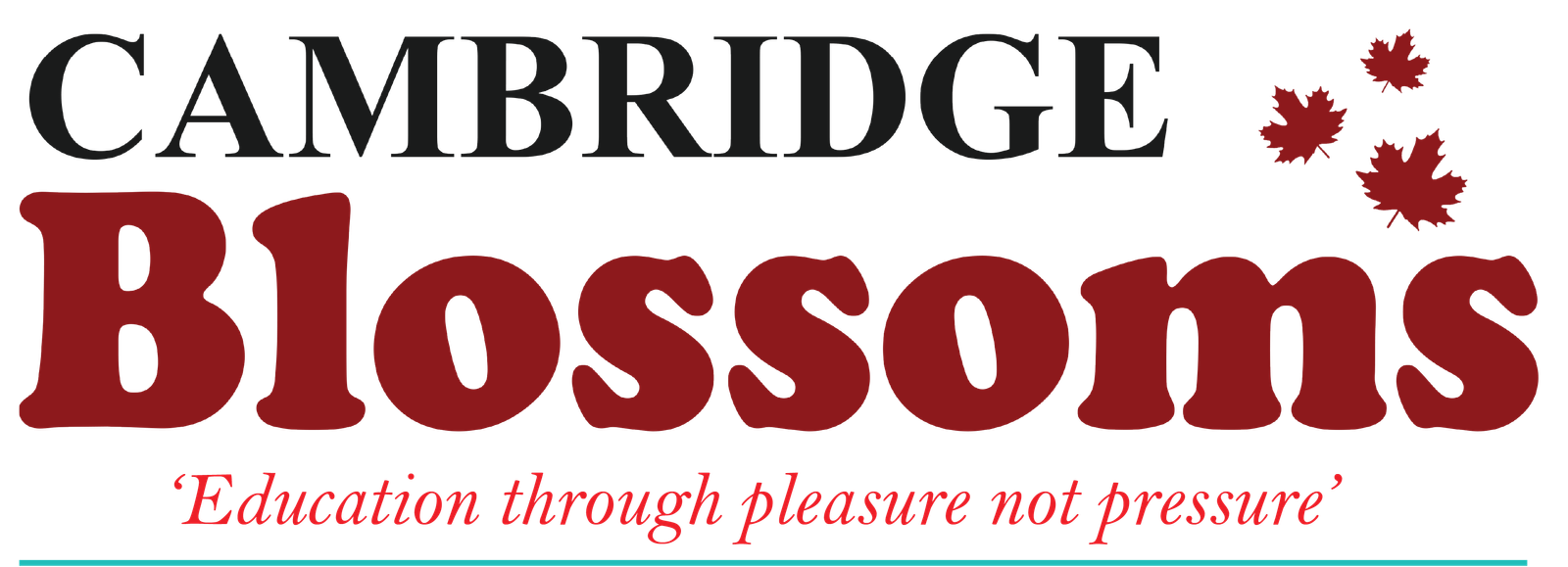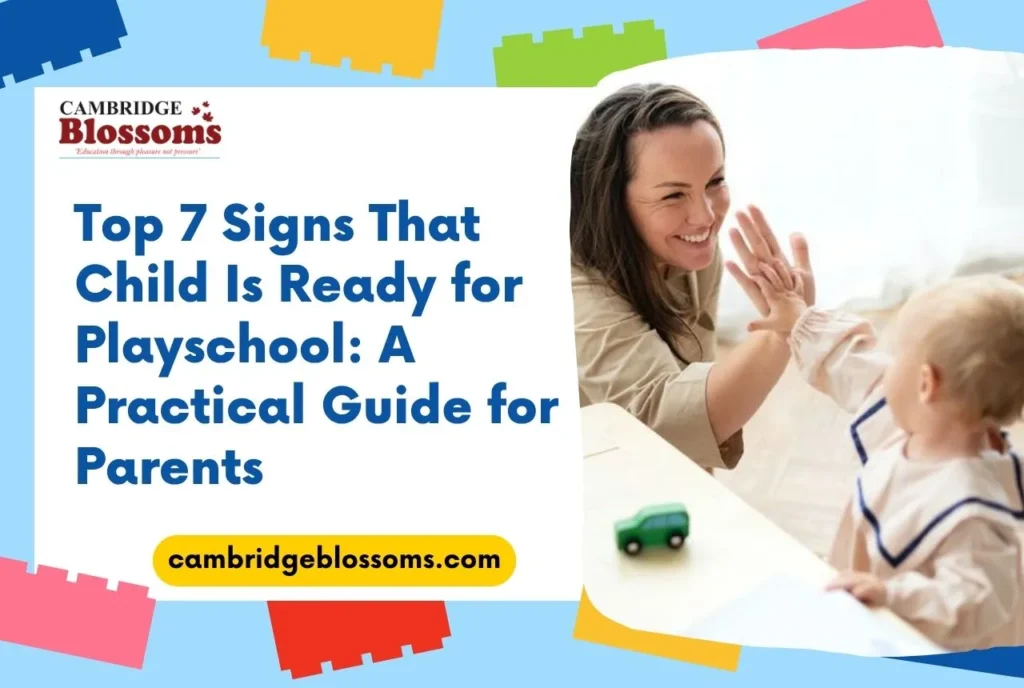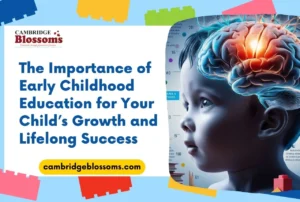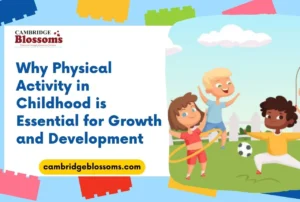Recognizing the signs that child is ready for playschool is crucial, as playschool plays a vital role in shaping the early development of children. It’s not just a space for play—it lays the foundation for social, emotional, and cognitive growth. However, many parents often find themselves facing a difficult question: When is the right time to send my child to playschool? While age is often considered a deciding factor, it’s important to understand that readiness for playschool varies widely from child to child.
Some children may show early signs of adaptability, while others might need a little more time and nurturing. Rather than focusing solely on age, it’s crucial to observe specific developmental indicators. This article will help you identify the signs that child is ready for playschool, offering insights that go beyond mere age brackets.
If you’re unsure about whether your little one is prepared to take the first big step into structured learning, read on to discover the key signs of readiness.
Understanding the Signs That Child Is Ready for Playschool
The typical age range for starting playschool is between 2.5 to 4 years, but every child develops at their own pace. What’s more important than age is the child’s developmental readiness—emotionally, physically, socially, and cognitively. Sending a child to playschool before they are ready may lead to stress and adjustment difficulties.
To assess if your child is ready, it’s helpful to look at key developmental milestones. One effective way is through the PIECES framework, which stands for:
- Physical development
- Independence
- Emotional readiness
- Communication skills
- Energy and stamina
- Social behavior
This framework provides a well-rounded approach to evaluating whether your child can thrive in a structured environment. As you observe your child, consider how they interact with others, follow instructions, manage emotions, and show interest in learning.

Identifying the signs that child is ready for playschool helps parents make a confident and informed decision—ensuring a smooth and happy transition for their child into a new and exciting learning environment.
1. Growing Independence in Daily Tasks
One of the clearest signs that your child is ready for playschool is the ability to handle simple tasks independently. This includes washing hands, putting on shoes, or feeding themselves. These self-help skills indicate that your child can function in a group setting without constant one-on-one attention.
You might also hear them proudly say, “I can do it myself!”—a strong sign of growing independence. To foster this, encourage routines at home that involve your child in dressing, tidying up toys, or packing their bag. These small responsibilities prepare them for the structure of a playschool environment.
2. Strong Communication Skills
Effective communication is crucial in a playschool setting. Children who can express their needs, emotions, or discomfort through words or gestures are better equipped to adjust to playschool. Look for the ability to follow simple instructions like “sit down” or “bring your shoes.”
A growing vocabulary, use of short sentences, and eagerness to talk are positive indicators. While perfection isn’t expected, your child should be able to get their message across. If they’re showing these communication skills, it’s one of the encouraging signs that child is ready for playschool.
3. Emotional Resilience and Separation Comfort
Another important sign is how your child manages separation from parents. Playschool requires a child to be comfortable spending a few hours away from their primary caregiver. Children ready for playschool may show excitement about new places or people and recover quickly from minor upsets.
While some initial hesitation is normal, extreme separation anxiety or emotional meltdowns may suggest a need for more time. Help build emotional resilience by practicing short periods of separation—perhaps with a trusted friend or relative—and gradually increasing the duration.
Also, teach simple calming techniques such as taking deep breaths or using a comfort object. Books and role-play about school can help prepare your child emotionally. A child who shows signs of adaptability, even in new situations, is better prepared to thrive in a playschool setting.
4. Consistent Energy Levels and Stamina
A full playschool day—though only a few hours—requires physical and mental endurance. If your child is down to one consolidated nap, shows alertness during the day, and enjoys structured play, it’s a good sign they can handle the playschool schedule.
Your child should also be able to participate in activities like circle time, art, or outdoor play without frequent fatigue or irritability. Begin adjusting sleep patterns at home to match playschool timings to ensure a smoother transition. Good stamina and energy levels are essential signs that child is ready for playschool.
5. Social Interest and Peer Engagement
Children ready for playschool often show an interest in interacting with other kids. They may engage in parallel play or even attempt to share toys or take turns—early indicators of developing social skills.
This social curiosity is essential, as playschool involves group activities, collaborative play, and following shared rules. Your child doesn’t need to be highly outgoing, but a willingness to participate in playdates or small group interactions is encouraging.
You can foster social development through visits to the park, storytime sessions, or structured playgroups. Helping your child build these early relationships will ease their transition and boost their confidence in a group setting.
6. Concentration and Focus Development
Playschool activities require short spans of concentration. If your child can sit for 5–10 minutes and focus on an activity like drawing, stacking blocks, or listening to a story, it’s a good sign of readiness.
Children who enjoy completing small tasks—like puzzles or matching games—demonstrate the early focus required in a classroom. Encourage this by creating quiet time at home for focused play. Gradually increase the duration and complexity of activities to build attention span. Developing focus is one of the critical signs that child is ready for playschool.
7. Curiosity and Enthusiasm for Learning
Children ready for playschool often display a natural curiosity. They may ask lots of questions, explore new toys eagerly, or show an interest in books, colors, and numbers. This excitement for learning signals they’re mentally prepared for a more structured environment.
You can nurture this by introducing age-appropriate books, educational toys, and interactive games. A child who enjoys discovering new things and is eager to engage in learning through play is likely to flourish in a playschool setting.
This love for exploration is one of the most heartening signs that child is ready for playschool.
Preparing Your Child for Playschool Success
Even when your child shows multiple signs of readiness, a little preparation can go a long way. Start by establishing a routine similar to a playschool schedule, including regular wake-up, snack, and play times.
Role-playing playschool scenarios at home can ease anxiety—pretend to be the teacher and engage in simple classroom activities like storytelling or circle time. Reading books about playschool can also make the concept more familiar and exciting.
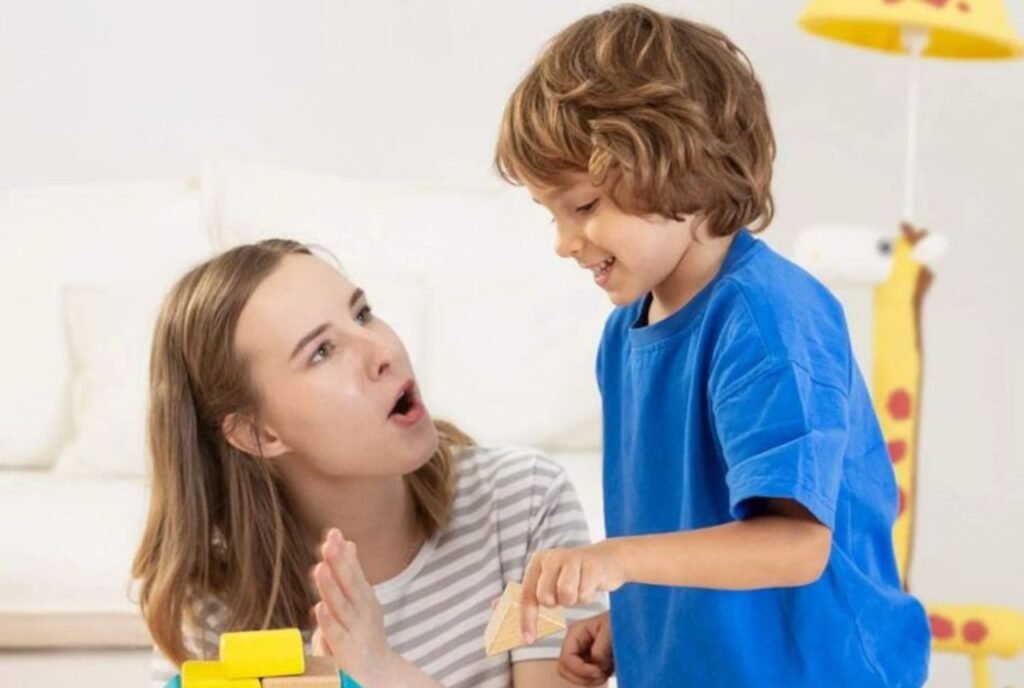
Additionally, take your child for short visits to the playschool before the actual start date. This builds familiarity and reduces first-day stress. Your encouragement and involvement are key to ensuring a smooth transition.
Cambridge Blossoms: Nurturing Early Learners in Guwahati
If you’re seeking a nurturing and well-structured playschool in Guwahati, Cambridge Blossoms is a trusted name. Renowned for its child-first philosophy, Cambridge Blossoms offers age-appropriate programs that foster creativity, communication, and confidence in early learners.
With thoughtfully designed classrooms, engaging activities, and experienced educators, the school creates a warm and welcoming environment where every child feels safe to explore. Their curriculum supports a smooth transition from home to school, ensuring each child’s unique needs are met.
Cambridge Blossoms is more than a playschool—it’s the first step toward lifelong learning.
Final Thoughts on Identifying Playschool Readiness
Remember, each child develops at their own pace. By tuning in to your child’s behavior and progress, you can confidently identify when they are ready.
Recognizing multiple signs that child is ready for playschool ensures a positive start, laying a strong foundation for joyful and successful early learning.
